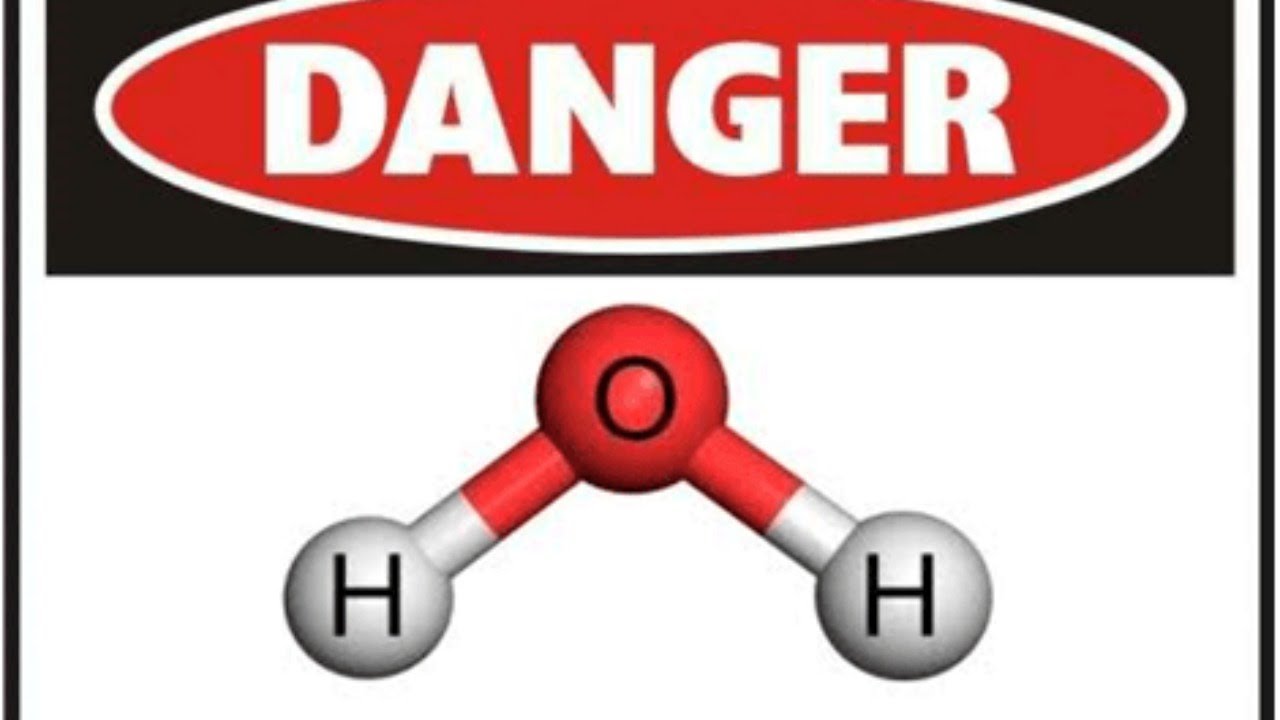MSDS Dihydrogen Monoxide Hoax
The Dihydrogen Monoxide hoax involves listing the negative effects of water and then asking people to assist in controlling the seemingly dangerous chemical substance. To provide a basis for the aforementioned hoax, an MSDS Dihydrogen Monoxidewas created. Dihydrogen monoxide (DHMO) is a scientific name for water, while technically correct, is rarely used by scientists and is relatively unknown to the general public. As a result, it has been used in hoaxes to demonstrate how a lack of scientific knowledge and an exaggerated analysis can lead to misplaced fears.
How Did The Dihydrogen Monoxide Began?
Not long ago, but really long ago in Internet history, in 1990, the Internet was mostly a collection of simple message boards and basic websites, with Usenet being one of the most popular. On a Usenet message board, three University of California, Santa Cruz students, Eric Lechner, Lars Norpchen, and Matthew Kaufman, issued a public warning about the extreme dangers of DHMO. Since then, the hoax has spread across the Internet and via email.
Craig Jackson, a University of California, Santa Cruz student, revised the original edition and posted his version of the warning statement on his website called The Coalition to Ban DHMO, in 1994.
The hoax, like any successful invention, has gone through several iterations over the years. Improbable Research editorial board member Eric Schulman, for example, wrote the Material Safety Data Sheet MSDS for the much-discussed substance dihydrogen monoxide in 2010.

Bio-cast: Dihydrogen Monoxide, chemophobia, and why the wiki is correct
More About MSDS Dihydrogen Monoxide
Material Safety Data Sheet (MSDS) is an abbreviation for Material Safety Data Sheet. A material safety data sheet (MSDS) is a written document that outlines information and procedures for handling and working with chemicals. The document is also known as a safety data sheet (SDS) or a product safety data sheet (PSDS) (PSDS). In the case of the DHMO, the hoax has been repeatedly extended over the years. For it, a material safety data sheet has been created. The MSDS contains the following information.
- Product Name: Dihydrogen Monoxide
- Product No. 7732-18-5
- Synonyms: DHMO, Hydrogen Oxide, Hydroxylic Acid, Hydrogen Hydroxide
- Chemical Family: Liquid
- Eye: Maybe irritant in sensitive persons
- Skin Contact: Can cause discomfort depending on the chemical temperature.
- Skin Absorption: This can cause temporary wrinkling of the skin.
- Inhalation: Inhalation of this chemical liquid can be fatal to your health.
- Ingestion: Ingestion of large quantities of DHMO may result in excessive micturition.
- Incompatibility: DHMO can cause corrosion of ferrous alloys. Avoid contact with all electrical equipment.
Other Details Included In MSDS Dihydrogen Monoxide
Emergency First Aid
- Eyes: In case of contact with this chemical and if irritation occurs, flush with normal saline solution. Seek medical attention immediately if the condition persists.
- Ingestion: If ever swallowed, do not induce vomiting.
- Inhalation: If the patient is not breathing spontaneously and/or has no detectable pulse, remove the patient to fresh air and administer artificial respiration and/or CPR.
- Skin: In the event of contact, blot excess with a soft absorbent material. Before reusing contaminated clothing, it should be removed and dried. If exposed people become cold, keep them warm.
Reactive Data
- Stability: Generally considered stable
- Conditions to avoid: All drying agents, such as sulfuric acid, as well as the most concentrated (dry) active chemicals, such as caustic soda, and active metals, such as sodium or potassium.
- Incompatibility: May cause corrosion of ferrous alloys. Avoid contact with all electrical equipment.
- Decomposition Product: Does not decompose.
- Hazardous Polymerization: Will did not occur except at low temperatures. This material expands on freezing and should never be stored in rigid containers near, at, or below the freezing temperature of 273.16 Kelvins.
Conclusion
Because Dihydrogen Monoxide is simply a scientific term for water, it was determined that MSDS Dihydrogen Monoxide is not legitimate and is most likely a hoax. Water might be dangerous to your health in some cases, but for some reason, the name water does not sound as dangerous as the scientific term Dihydrogen Monoxide (DHMO) hoax implies. This type of false information should teach us not to be gullible and to look for the problem and determine whether the information is true.